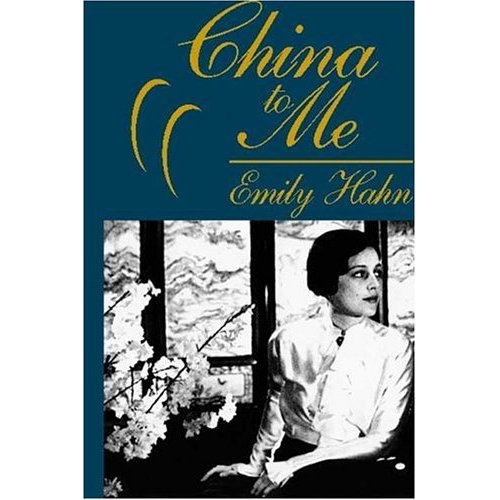Leaving Mother Lake by Yang Erche Namu and Christine Mathieu (Back Bay Books)
lake1
When adolescence strikes us, are we guaranteed to long for something beyond what we have? Even in her home village, “where children could roam at our own will and visit from house to house and village to village without our mothers’ ever fearing for our safety” and where a woman could be certain she would not be forced into marital servitude by an oppressive husband or sullied by sexual scandal, Namu still yearns for something beyond these freedoms.
Perhaps matriarchy is not what we expect. That thing we call matriarchal culture is more accurately labeled as matrilineal descent model, and is neither inherently matriarchal nor egalitarian. Taking a thorough look at the Moso peoples’ complicated social structure, Namu’s story shows us that even her female-driven culture maintains a male-dominated public presence, wherein the culture is represented solely by men through trade and travel. Of course, proximity to bridal abduction rituals and other obviously male dominant practices of the Yi culture highlights the Moso feminism, which allows women to not only own property, but to control household politics, take and refuse lovers at will and have uncontested custody of children.
Despite Namu’s relative freedom as a woman, the culturally conditioned instruction given by her mother resembles caricatures of American housewives in the 1950’s. Emphasizing traditional models of female domestic leadership, Namu’s mother says: "You're a woman, you belong in the house, to the village. Your power is in the house. Your duty is to keep the house, to be polite to old people and to serve food to the men." The younger woman feels trapped by these expectations and by the gender division that allows women power in the domestic world of home and village but still insists that “only men could leave their mothers’ houses, and even they never left just to fulfill their personal ambitions.”
After getting a taste of the world beyond her village, Namu returns and receives a coveted employment position and seems destined for local fame. But she has already realized that her ambitions are much larger than her village can sustain. By pursuing her own unorthodox ambition, Namu rebels against more than her own mother; she rebels against cultural expectation and responsibility. It seems evident, though not explicitly acknowledged, that her ability to sustain ambition and to succeed relies upon the influence of her mother’s own rebellious spirit. The headstrong mother produces an even more fiercely headstrong daughter. It is this inheritance that is the most important and the most difficult to face.
Namu’s story is one about growing up and finding her own place in the world. She brings us from halcyon days in her mountain village, where she is barely touched by the Cultural Revolution that rages through China, to the experiential instruction she receives in the beauty and hardship of the world beyond Mother Lake. The storytelling is lively and maneuvered between the book’s two authors, providing readers with the character depth and the cultural context that makes Namu’s coming of age unforgettable.--by Kristianne Huntsberger

![father_l[1].jpg](https://images.squarespace-cdn.com/content/v1/5510c55fe4b07c5cbdd0bfd5/1427170272413-DVDSLRQWAXXQQZ0P6TYO/father_l%5B1%5D.jpg)
